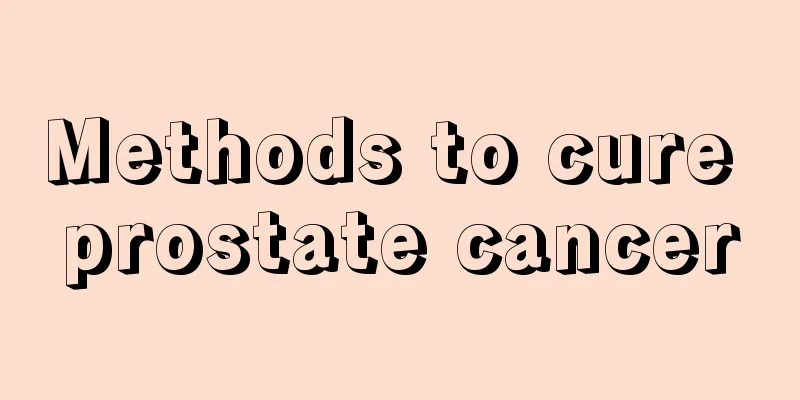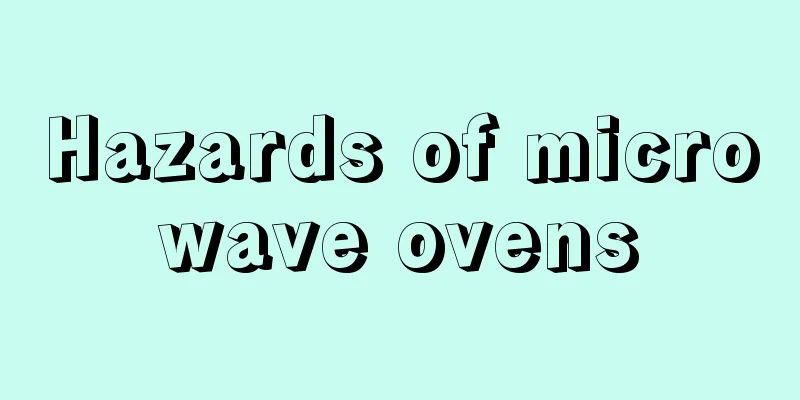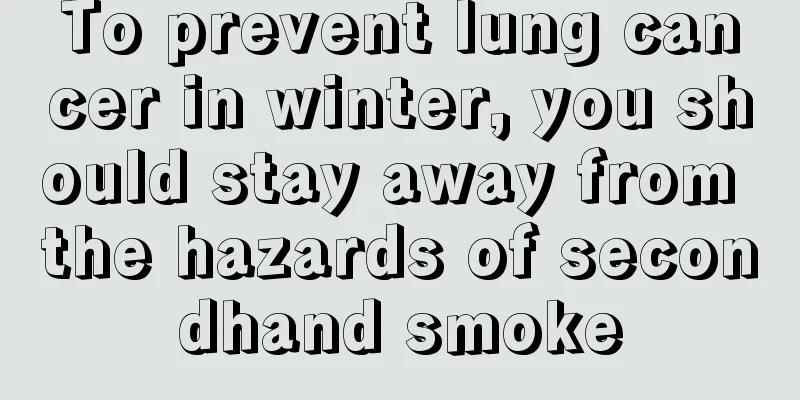How to prevent heat stroke in hot summer?

|
In the hot summer, high temperature, high humidity and strong heat radiation weather can cause a series of physiological function changes in the human body's temperature regulation, water and salt metabolism, circulatory system, digestive system, nervous system, urinary system, etc. Once the body cannot adapt, it may cause the body temperature to rise abnormally and not drop, causing physiological function disorders and heat stroke-related symptoms.
1. Symptoms of heat stroke 1. What is heat stroke? Heatstroke refers to an acute disease caused by disorders of heat balance and/or water-salt metabolism in a high temperature environment, with central nervous system or cardiovascular system disorders as the main manifestations. High temperature, high humidity, low wind speed, weak body, intolerance to heat, excessive labor intensity and prolonged time, and excessive fatigue can easily induce heatstroke. 2. Symptoms of heat stroke The symptoms of heatstroke can be mild or severe. Mild heatstroke may cause dizziness, chest tightness, palpitations, flushed face, burning skin, and increased body temperature. Once it develops into severe heatstroke, excessive sweating, low blood pressure, fainting, muscle cramps, and even impaired consciousness, drowsiness, and coma may occur. 2. Treatment of heat stroke Patients with heat stroke can generally recover quickly if symptomatic treatment is given promptly. Remove the patient from the high temperature environment quickly, move him to a well-ventilated, cool place, lie down and rest, and give him salt-containing refreshing drinks. If necessary, give intravenous drip of glucose and normal saline to correct water and electrolyte imbalance. 3. How to prevent heat stroke 1. Drink water appropriately to increase fluid intake. In hot weather, increase fluid intake regardless of the amount of activity. Don't wait until you feel thirsty to drink water. For some patients who need to restrict fluid intake, the amount of water they drink when the temperature is high should be as directed by their doctor. 2. Pay attention to replenishing salt and minerals. Alcoholic beverages and high-sugar drinks will cause the body to lose more water and should not be consumed when the temperature is high. At the same time, avoid drinking too cold frozen drinks to avoid stomach cramps. 3. Pay attention to healthy diet. Eat less high-oil and high-fat foods to reduce the body's calorie intake. 4. Wear light clothing. Wear lightweight, loose-fitting, light-colored clothing. 5. Stay indoors as much as possible and turn on the air conditioner if conditions permit. If your home does not have air conditioning, you can avoid the heat in public places such as shopping malls or libraries. Although using electric fans can temporarily relieve the feeling of heat, once the temperature rises above 32.2 degrees Celsius (90 degrees Fahrenheit), electric fans will not help reduce the occurrence of heat-related diseases such as heat stroke. Taking a cold shower or turning on the air conditioner is more effective in cooling the body. 6. Prevent exposure to the sun . When going out, you should apply UVA/UVB sunscreen with a sun protection factor of SPF 15 or above, wear a wide-brimmed hat and sunglasses, or use a parasol. 7. Avoid going out during high temperature periods. Travel should be avoided around noon, and outdoor activities should be carried out in the shade as much as possible. 8. Reduce outdoor exercise when the temperature is high. If you must exercise outdoors, drink 2-4 cold non-alcoholic drinks every hour. Sports drinks can help replace the salt and minerals lost through sweat. |
<<: The detoxification and health care method of the “sweating” expert
>>: Liver cancer prevention advocates three checks and two early warnings
Recommend
What are the differences between pig iron kettles and cast iron kettles
The main material for making pig iron kettles is ...
What to do if you always feel dizzy after chemotherapy for breast cancer
What should I do if I always feel dizzy after che...
Can I apply olive oil if I have facial allergies?
If your face is allergic, it is best not to apply...
What are the hazards of hydrogen chloride to the human body
Hydrogen chloride is a gas that is harmful to the...
Can stage 3 brain cancer be cured?
Brain tumors, also known as intracranial tumors, ...
Symptoms of malignant melanoma skin cancer
Skin cancer is a general term for a type of tumor...
Symptoms of cutaneous nerve injury
Skin health has always been a concern for everyon...
Can patients be diagnosed with colon cancer by colonoscopy?
The colonoscope is mainly composed of three parts...
There are vertical lines on the nail of the right thumb
We all know that fingernails can indirectly refle...
What methods can prevent liver cancer? Three measures can keep you away from liver cancer
Liver cancer, we have to pay attention to the pre...
Will eating red bean and barley porridge make you darker?
Red beans and coix seeds have good effects on the...
What to do if you have dizziness, nausea and vomiting in the late stage of liver cancer? You can try these methods
Cancer is a common disease in people's lives....
What is a sonic toothbrush and are there any dangers?
As people's living standards improve, many pr...
What are the symptoms of a ruptured eardrum? How to treat
A ruptured eardrum is also a kind of trauma to th...
Cancer signals revealed by farting
Colorectal cancer is the collective name for colo...









